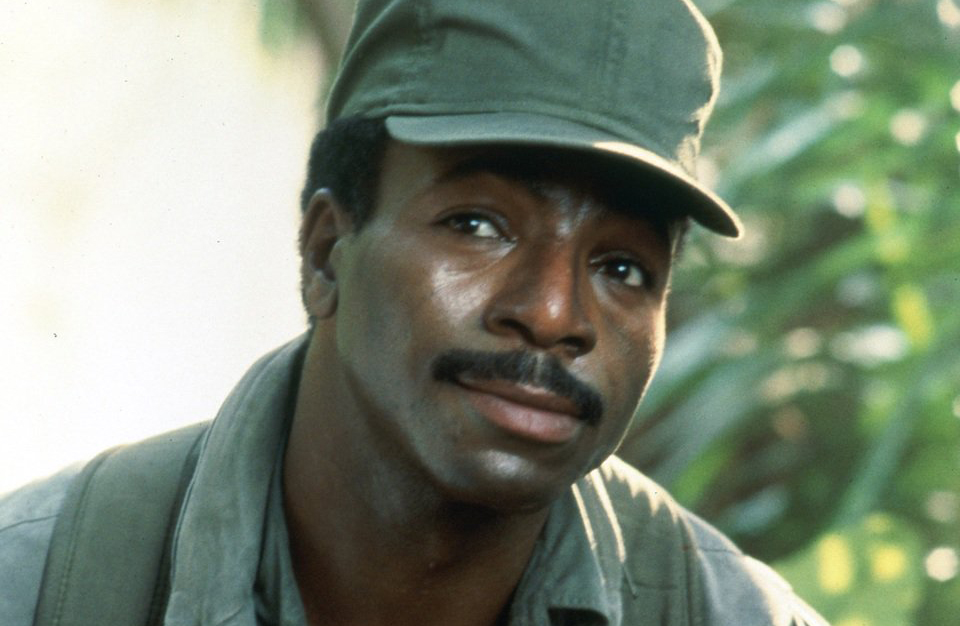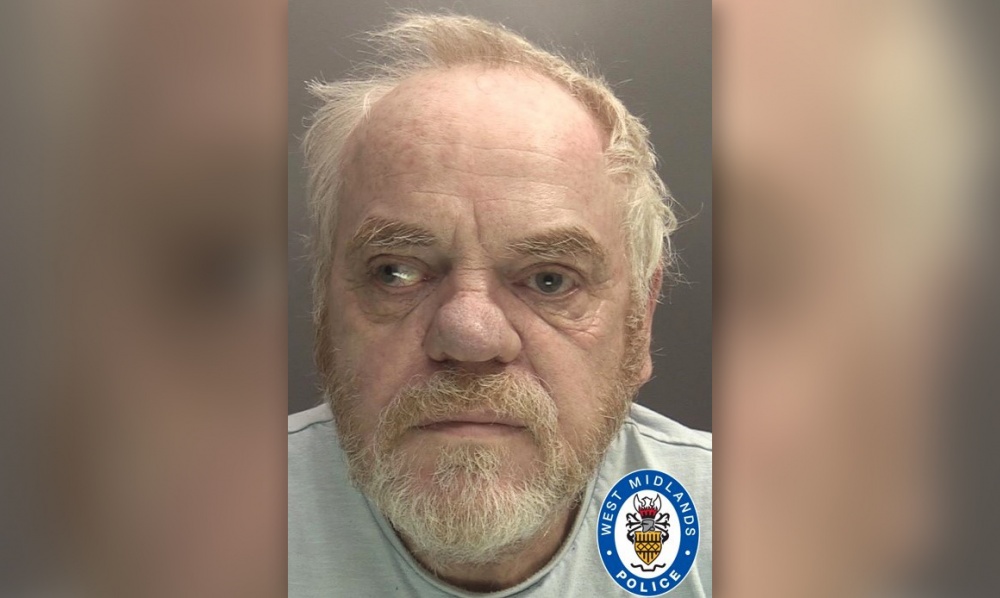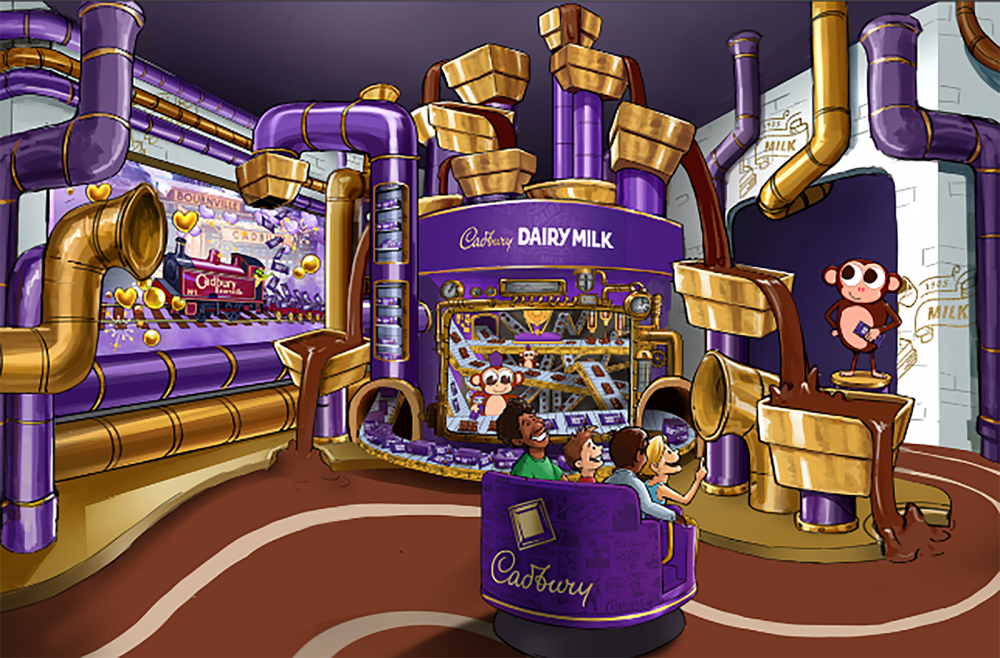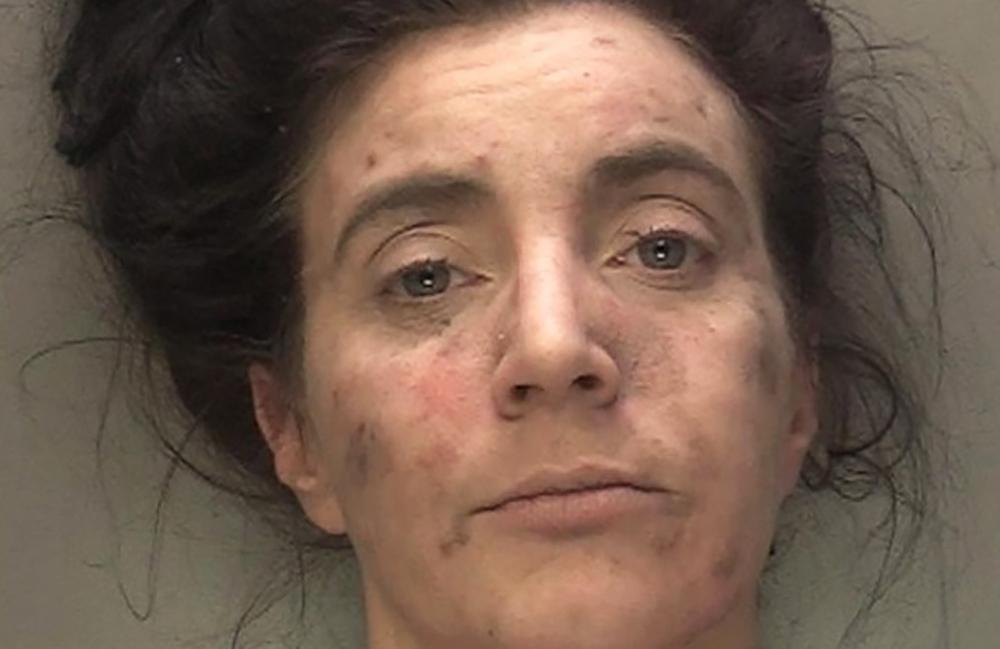REVIEW: Peaky Blinders blaze back with a sizzling new series
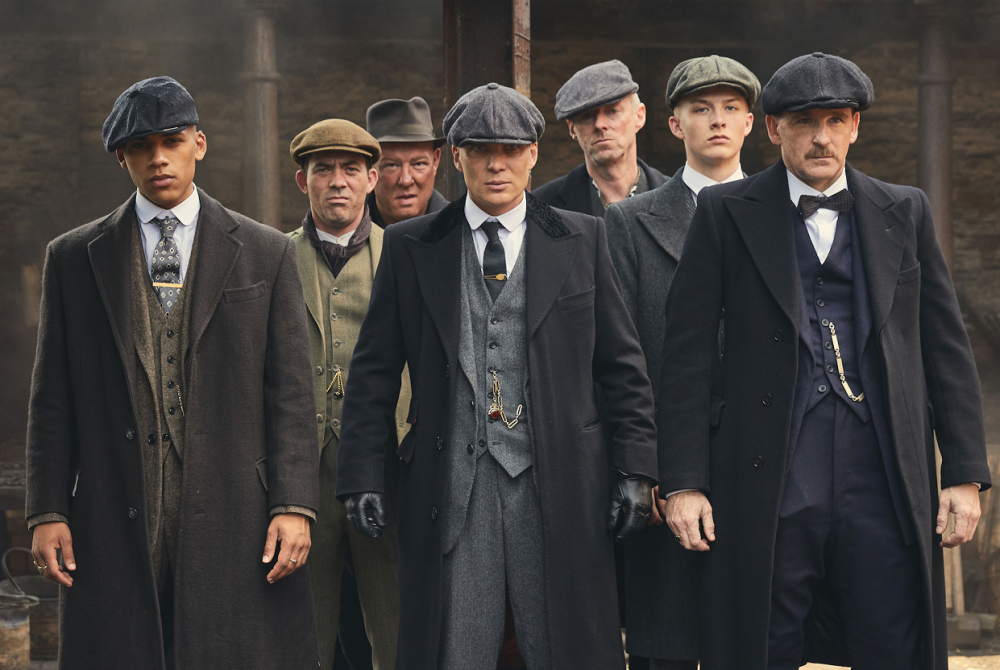
Peaky Blinders series 5 is finally here and it takes pride of place in the BBC autumn schedule with an opening episode that is full of pulsating drama, action, and themes that resonate with our troubled times.
The first episode of series 5 aired on Sunday night on BBC1 and it lit up the screen with enough action and drama to fill a feature film. While many drama series are unable to sustain the momentum and energy seen in early seasons, the Peaky Blinders have managed to break new ground with stories that generate interest around the world.
Episode 1 of the latest series entitled ‘Black Tuesday’ opens with scintillating energy and quickly dives into the chaos that follows the Wall Street Crash in New York and the impact it has on the world of the Birmingham based Peaky Blinders.
Tommy Shelby and his gang try to restore some order after losing their investments, and writer Stephen Knight manages to inject some human warmth into the darkness as the gang begin to see their world spiralling downwards.
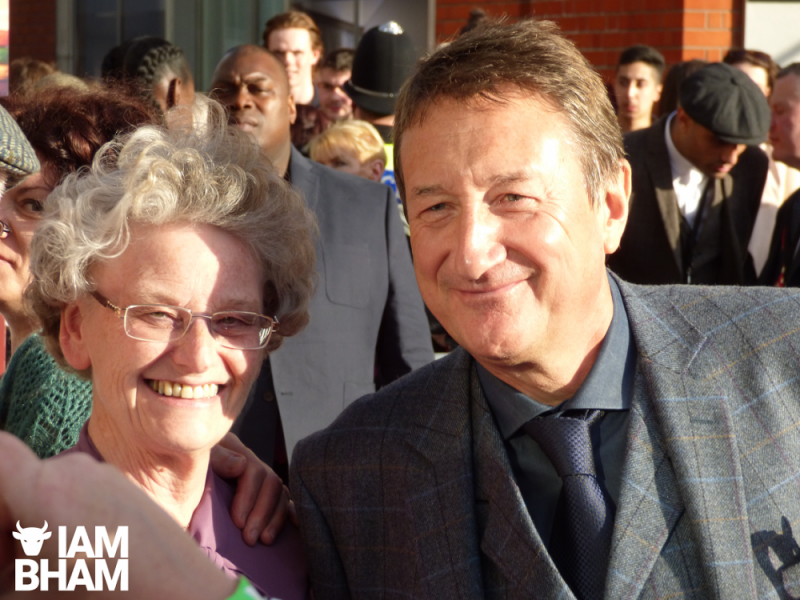 Rangzeb Hussain
Rangzeb Hussain Knight also homes in on the corruption of the ruling class and how their gambling on the stock exchange has resulted in poor working class people having to foot the bill of the financial crash. Tommy makes a speech to Members of Parliament where he criticises a system that offers a lifeline to the rich in times of financial crisis by targeting honest working class people who are already living on the breadline. Tommy’s words during a private moment reveal what he thinks about politics:
“The corridors of Westminster are very dimly lit, and for those who make the rules, there are no rules.”
Knight’s tale is set in 1929 but the subtext and themes may as well be 2019. The parallels drawn by Knight between between the past and present are chilling and uncanny. There are hints of the disturbing rise of Fascism in the form of Sir Oswald Mosely (a charismatic and smarmy Sam Clafin who is seen fleetingly in this opening episode) who is beginning to show an interest in Tommy Shelby, nationalist fervour is bubbling away as unemployment increases, society is fragmenting and becoming polarized, a rise in an interest in the lives of public figures by a press hungry for sensationalism, and the onset of austerity following a financial downturn begins to affect the country.
Knight has previously remarked upon the key ingredients that fermented during the 1920’s which led to suspicion, unrest, and paranoia which produced a lethal cocktail climaxing in another world war:
“There’s the rise of nationalism, populism, fascism and racism.”
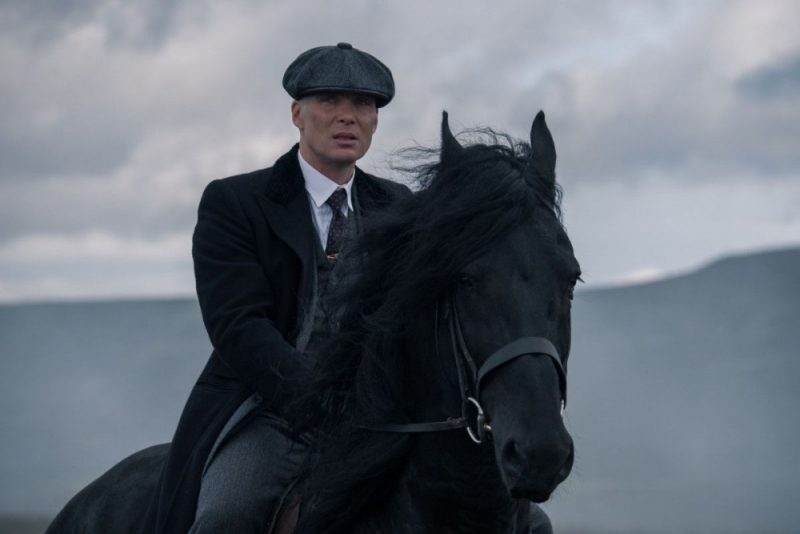 BBC
BBCCillian Murphy once again showcases a nuanced performance that bristles with internal rage and a chilling external calm. The war that he fought in the trenches of World War I has bled into his soul and the demons of PTSD scratch away inside his mind. Tommy seems to have exchanged one battlefield for another and he longs for peace from the constant pain that gnaws away at him. The narcotic he occasionally sips from a small vial only gives him momentary relief from the internal pain and even these rare moments are haunted and bittersweet as his mind drifts away and conjures up the ghosts of the past.
His emotionless eyes remain cold as ice as he performs or orders savage acts to ensure his family and gang are safe during a time of mass upheaval. There are moments in the first episode that will both challenge and startle the audience and give rise to questions about the fundamentals of family life and trying to exist in a world that no longer seems to make any sense.
Tommy’s absence from the life of his young son haunts both father and son in different ways. The father hides his pain behind a mask that veils his guilt whilst the son screams in anger at the father’s frequent absences.
Murphy brings an enigmatic gravitas to the role of Tommy Shelby and the viewer is never certain when that volcanic rage will erupt and blood will be spilled. The moments when he loses control are spellbinding and intense, his rage rippling and coursing through his entire body.
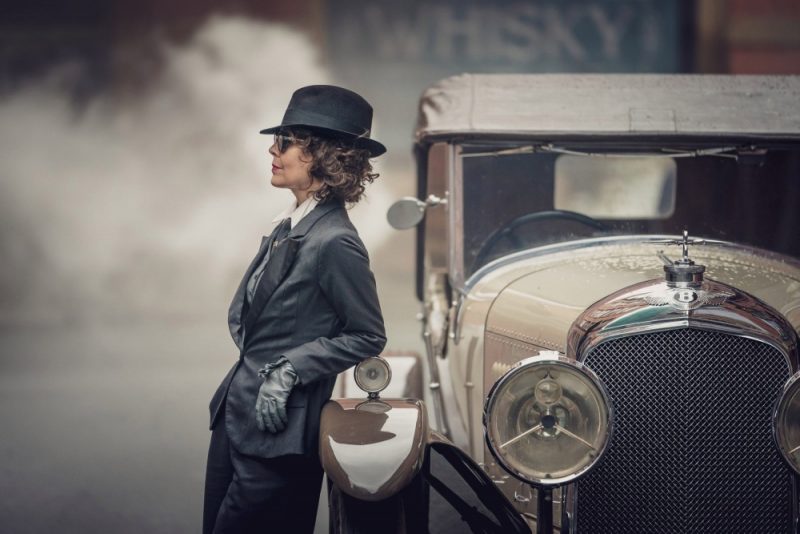 BBC
BBCAunt Polly (Helen McCrory) is introduced in an audacious and risqué scene that juxtaposes carnality with dark and earthy humour. Helen McCrory dominates the scene and adds a dynamic and human edge to the character. With each series of the Peaky Blinders the character of Aunt Polly has matured and become the soul of the show while Tommy Shelby has become the iconic face of the drama which has inspired fan art, including a huge 60ft mural on the side of a building at the Custard Factory.
Anna Calvi has composed a psychologically complex and rich musical score for the new season. She balances light and dark cues to reflect the duality at the heart of Tommy Shelby’s enigmatic personality. There is a sharp and violent edge to the musical landscape that Calvi conjures up which weaves into the smoky Noir mileu of the Peaky Blinders world.
The dreamlike and haunting visuals of the show seem surreal and fragmented which are in keeping with the turmoil that Tommy battles inside his mind. Scenes of Tommy trekking across a lonely and misty landscape to make a call in a red phone booth erected in the middle of what looks like a moor are perfectly in keeping with the mood and style of the drama. It feels ‘right’ and the audience accept these artistic flourishes. This hallucinogenic atmosphere also mirrors the nightmarish miasma that Tommy Shelby is battling inside his tormented mind.
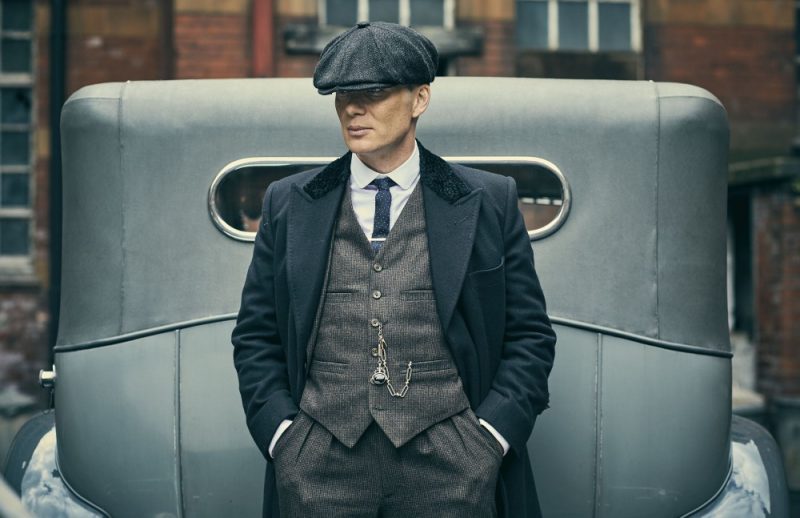 BBC
BBCPeaky Blinders has always leaned towards an aesthetic that glistens with a modern vibrancy yet retains a vintage style and this new series continues the trademark cinematography. The camerawork in the opening episode of series 5 has raised the bar in both the visual look of the drama and also the way the action is edited and choreographed. The drama pulses with energy as the camera glides in and around the vividly created locations. Slow-motion, overhead sweeping shots, tight and claustrophobic prowling through dimly lit corridors, the camera work is always polished and fluid and makes for compulsive viewing.
The production is of a cinematic nature and this kinetic drama deserves to be seen on the largest screen you can find.
The new series of the Peaky Blinders is scripted so effectively that people who have never seen an episode of this remarkable and visionary drama can jump aboard and enjoy the first episode with no knowledge of previous story strands or plotlines. The acting, production and art design, and script are so dramatically crafted that no previous knowledge is required to dive into the Peaky Blinders world.
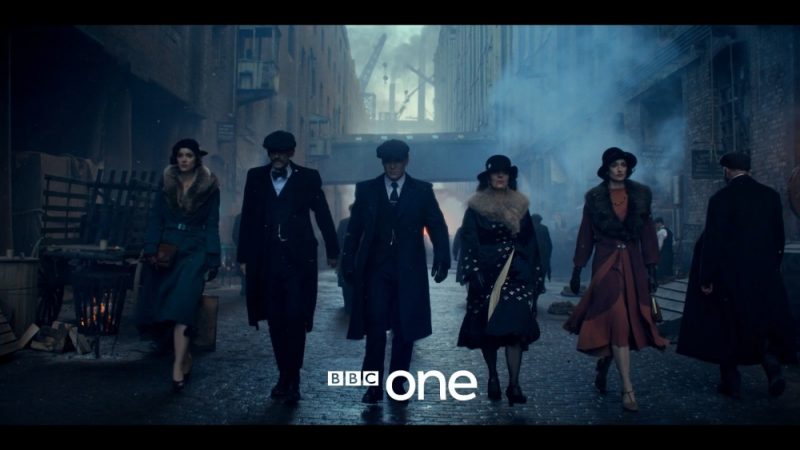 BBC
BBCIn a dramatic decision by the BBC the Peaky Blinders have been moved from BBC2 to the flagship BBC1 station. The first two episodes of series 5 of Peaky Blinders were screened over consecutive evenings during the Bank Holiday weekend in a prestigious prime time broadcasting slot.
Peaky Blinders aired in the UK at 9pm on BBC1 on Sunday, 25th August, 2019, and episode 2 was broadcast on Bank Holiday Monday at 9:30pm. Both episodes will become available on the BBC iPlayer service shortly after broadcast. The new series will be added to Netflix on Friday, 4th October, 2019.







